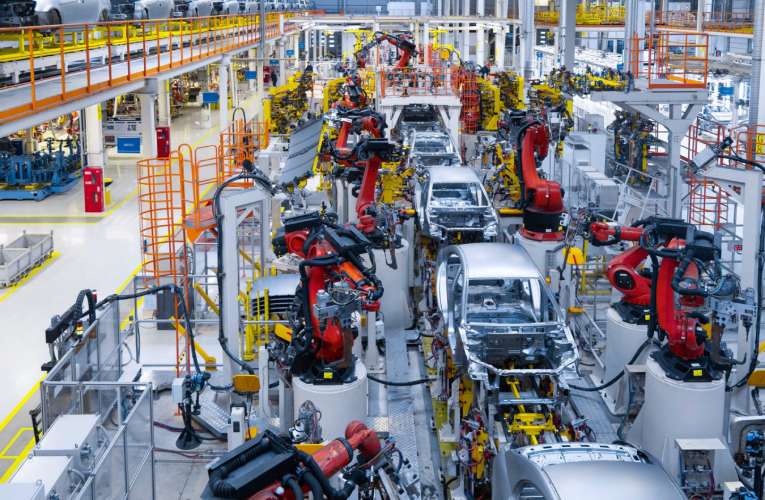
By the end of September, Toyota announced to widely cut its production rate to 40 percent that will affect 14 plants in Japan and many of its North American plants
With a set of major warnings in the past week by giant car manufacturers such as Volkswagen and Toyota who provided a new picture that the automobile industry is still under major crisis due to the ongoing global chipset dearth, which offers no sign of recovery.
Because of the COVID-19 pandemic, many of global semiconductor plants were forced to shut down due to which the automobile makers are facing intense competition from the consumer electronics sector for processor deliveries in the middle of the international supply chain disruption. Nowadays, semiconductors are extremely vital for the production of internal combustion engines as they are the brain behind all types of controls and sensors in any vehicles.
The new crisis appears as COVID cases increases in various Asian countries that are home to semiconductor and car makers such as Malaysia, Japan, Thailand, Philippines, and Vietnam. Toyota, the Japanese car maker had somehow largely survived production shortage due to its stockpiling chips policy. But, back on Thursday the company mentioned that by the end of September, it would widely cut its production rate to 40 percent that will affect 14 plants in Japan and many of its North American plants.
Shailesh Chandra, President (Passenger Vehicles), Tata Motors, told ET, "We are constantly striving for better visibility across our multi-tier supply chain to manage lead time sensitivity. We are following a multi-pronged approach like procuring chipsets from the open market, managing our model or trim mix, use of alternative chips etc. to best mitigate the supply side risks."
"However, apart from chip capacity issues, certain disruptions in other parts of the world, like the recent lockdown in Malaysia, continues to keep the supply environment uncertain," he added.

